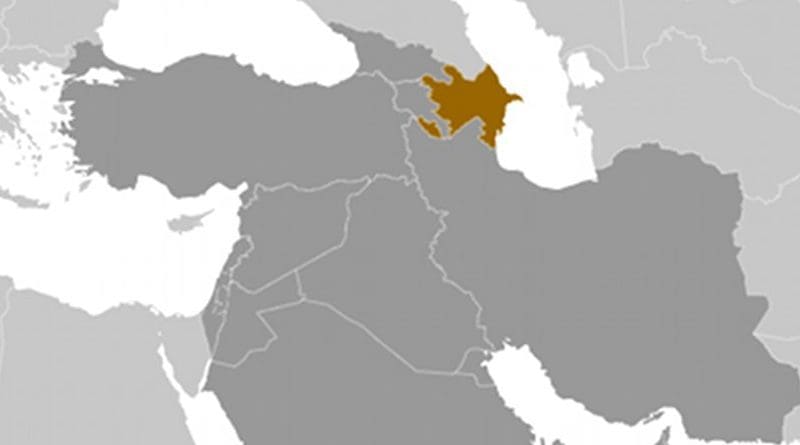Azerbaijan To Buy 50% Stake In Nabucco
By EurActiv
(EurActiv) — Azerbaijan’s Shah Deniz II gas group could agree to take a 50% stake in the Nabucco pipeline consortium by January, boosting Nabucco’s prospects in a competition between projects that aim to pipe Azeri offshore gas into Europe.
Nabucco stakeholder Bulgarian Energy Holding (BEH) said on Thursday (20 December) that talks were advanced and that he hoped a deal could be sealed on 10 January at a Nabucco shareholders meeting in Sofia.
“We are holding talks almost every day. We expect Shah Deniz to acquire 50% of the shares in the Nabucco consortium,” Mikhail Andonov, head of BEH, told reporters.
The Shah Deniz II consortium has already signed a funding deal with Nabucco’s rival, the Trans-Adriatic pipeline (TAP) pipeline, which aims to pump the gas to Italy.
Shah Deniz II has said that Nabucco would have to hand over a significant stake in the project in order to stay in the race.
“There are two semi-finals for the Azeri gas. Such a deal will boost significantly the prospects for Nabucco,” BEH’s Andonov said.
A Nabucco spokesman declined to comment.
Downsized Nabucco
The Nabucco gas pipeline project was initially designed to transport an annual capacity of 32 billion cubic metres a year (bcm/y) of Azerbaijani and other central Asian gas through Turkey and southeastern Europe into Austria.
But its high costs and a lack of gas suppliers beyond the 16 bcm/y Shah Deniz II consortium led to the project being downsized and shortened.
The new Nabucco West project now aims to ship 16 bcm of gas from the Turkish border to Austria, leaving the transit through Turkey to the joint Azeri-Turkish TANAP pipeline.
The European Union supports the delivery of Azeri gas to the region, which is expected to start in 2018 regardless of the pipeline chosen, to reduce its dependency on Russian gas imports.
Andonov said the 50% stake under discussion with the partners in Shah-Deniz II – BP, Statoil, Azeri state firm SOCAR and Total – would not give them control over Nabucco, where decisions require a two-thirds majority.

